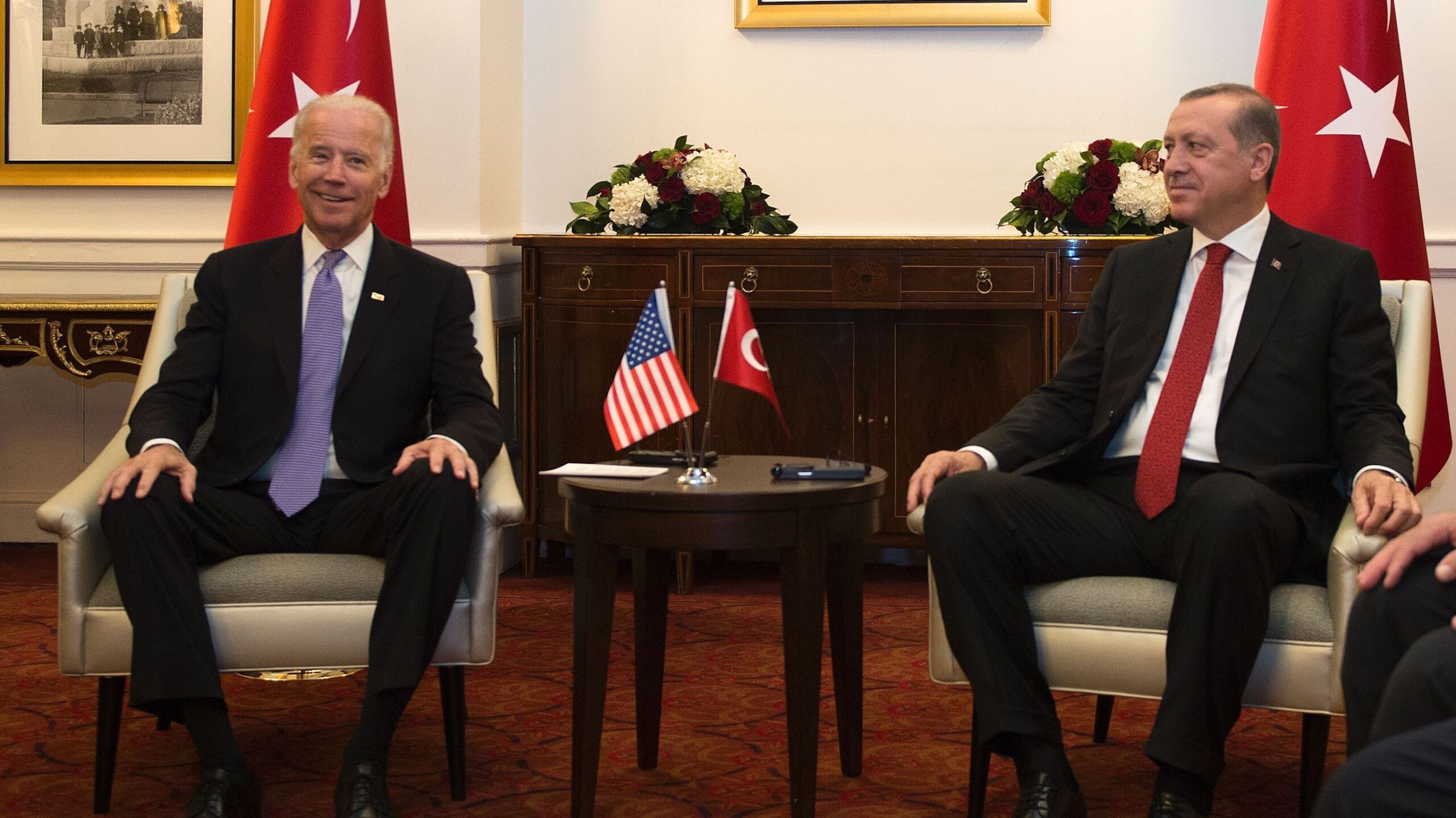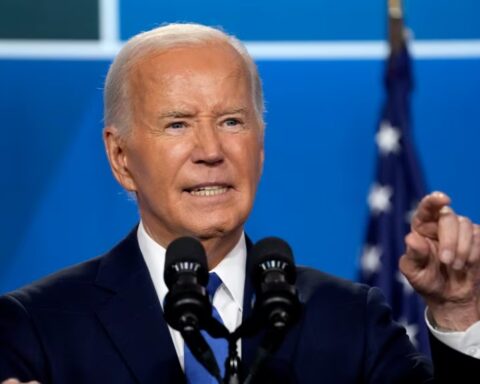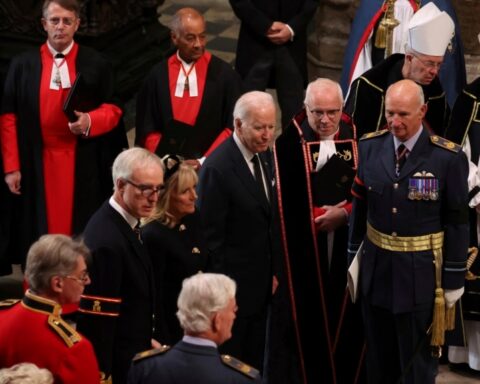A diplomatic spat erupted between the United States and Turkey after the Turkish government announced that thirteen of its citizens, including service members, police officers, and civilians, were killed (Al-Monitor) by theU.S. President Joe Biden in Iraq’s northern Gara region. The U.S. State Department condemned the killings and agreed that the PKK was responsible after first appearing to question the group’s involvement.
Ankara lashed out at Washington’s initial skepticism. President Recep Tayyip Erdogan rebuked the U.S. backing (WaPo) of Kurdish fighters in Syria tied to the PKK, which the United States considers a terrorist group, and the Turkish Foreign Ministry summoned the U.S. ambassador to Turkey. The incident, which shocked Turkish citizens (NYT), further strained U.S.-Turkey ties. U.S. President Joe Biden has previously called Erdogan an “autocrat,” and his administration has rebuked Turkey for human rights issues.
Analysis
“Less than a decade ago, the administration of U.S. President Barack Obama—in which we served—aspired to build a ‘model partnership’ with Turkey. There are high costs to now treating Turkey like a rival, including pushing Ankara closer to U.S. adversaries such as Iran and Russia,” Deputy National Security Advisor to the Vice President Philip H. Gordon and National Security Council Senior Director for European Affairs Amanda Sloat write for Foreign Affairs.
“Erdogan has gained international notoriety as an enfant terrible, becoming a leader whose whims and demands must be checked. In this sense, he has achieved what he had set out to do: transform Turkey and himself into consequential global actors,” CFR’s Henri J. Barkey writes for World Politics Review.






